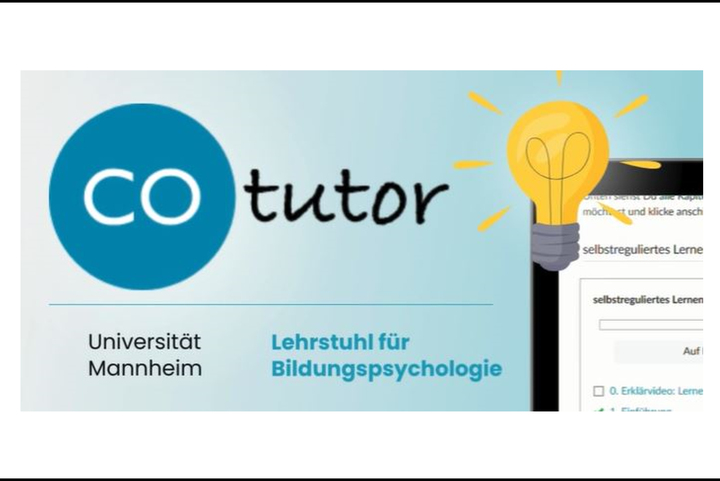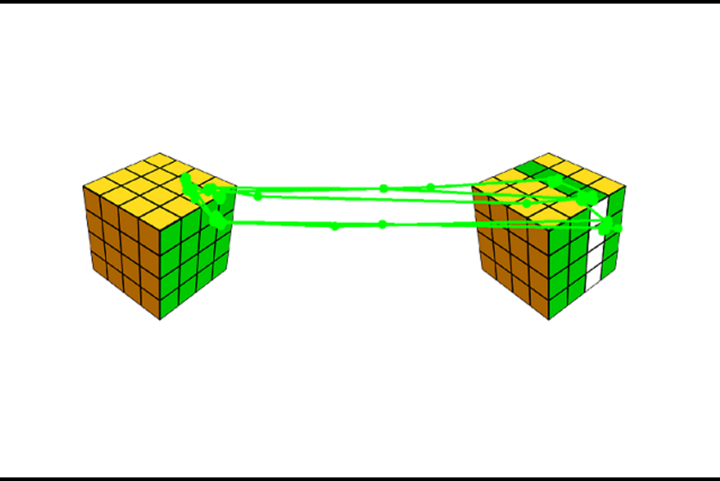Research
We investigate learning processes with regard to real-world applications. The learning materials are semantically rich, they come from different domains and make different demands on learning processes. Moreover, aptitudes of learners play an important role. Therefore, learning is manifold. Our research topics and questions reflect the diversity of learning. Here are some examples.
- How can digital media support learning effectively? How can visualizations be designed such that they are most beneficial?
- Can gaze patterns revealed by eye tracking techniques contribute useful information to the diagnostics of spatial ability?
- Do navigation assistance systems have a negative effect on our spatial orientation skills?
- How will long-term memory change through domain-specific training and practice? What are the consequences for short-term learning and performance in the domain?
Please see below for more information about some of our current research topics.

